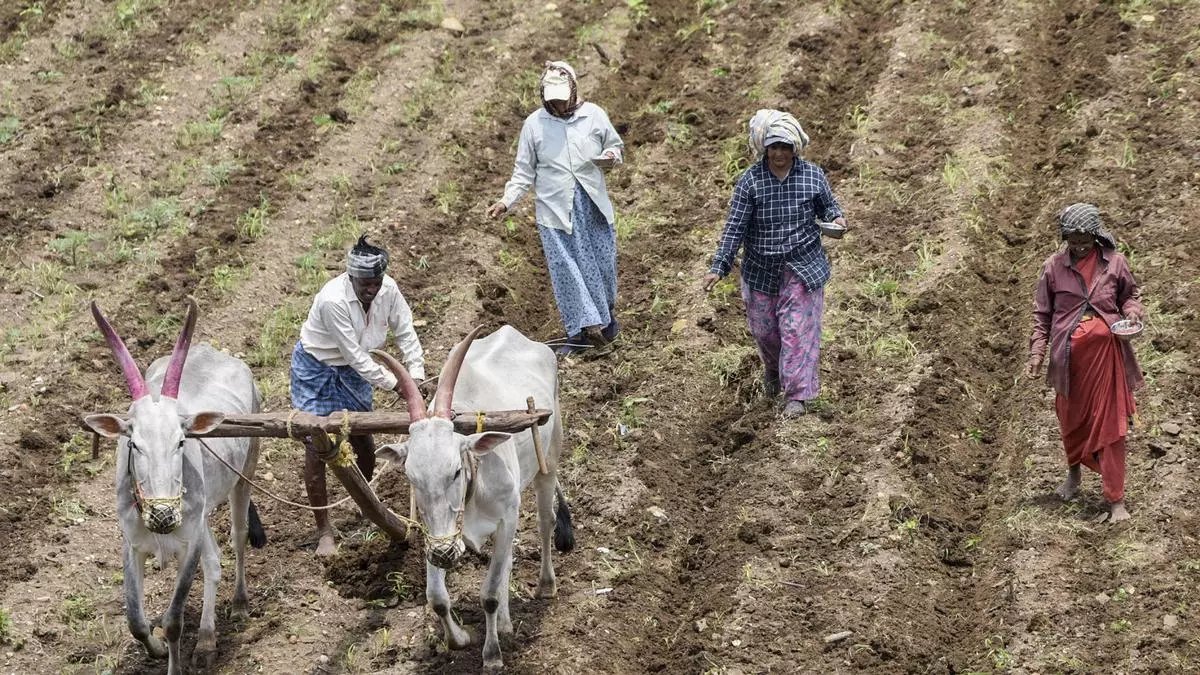In cattle farming, by-products are not only pivotal for maximising farm income but are essential components in various industries. The importance of by-products extends beyond direct economic benefits, contributing significantly to environmental sustainability.
By reutilising what would otherwise be waste products, cattle farming helps reduce environmental footprints, turning potential waste into valuable commodities.
This circular approach not only supports global sustainability efforts but also provides a continuous stream of revenue for farmers, with one study noting that livestock by-products play a crucial role in transforming human-inedible food and fibre by-products into usable products. This efficient use of resources underlines the role of by-products in enhancing the overall productivity and sustainability of cattle farming.
Major by-products from cattle farming
Manure, a primary by-product, is extensively used as a natural fertilizer, enriching soil with nutrients like nitrogen, phosphorus, and potassium. Statistics reveal that a single cow can produce approximately 30 kilograms of manure daily, which can significantly enhance soil fertility and crop yields.
- Also read: Govt targets 27% increase in kharif onion area, timely rains a boost
Milk, another vital by-product, forms the basis for a variety of dairy products. In 2020, global milk production reached nearly 906 million tonnes, with products ranging from cheese and yoghurt to butter and cream, catering to diverse dietary cultures worldwide.
Biogas production represents a renewable energy source derived from cattle waste. This process involves anaerobic digestion to produce methane, which can be used for heating, electricity, or as vehicle fuel. It’s estimated that biogas from cattle manure can contribute significantly to reducing reliance on fossil fuels, promoting a more sustainable energy future.
Strategies for maximising income from manure
Cow dung: Innovative strategies include producing biogas for electricity and alternative energy, which also yields nutrient-rich slurry for fertilizer. Cow dung is used to make eco-friendly products like paper, paint, and disinfectants. For instance, handmade paper from cow dung in Rajasthan boosts farmer income. Manufacturing bio-enhancers and biopesticides from cow dung reduces chemical fertilizer use. Vedic Plaster, a mix of cow dung, sandy soil, and gypsum, offers thermal insulation and additional revenue.
Cow urine: Farmers can sell cow urine for ₹15-30 per litre to organic farmers for use as pesticides, and medicinal and ritualistic purposes. High-breed cow urine in Rajasthan is highly sought after. It’s also used in eco-friendly sanitizers and disinfectants, further increasing its market value.
Product diversification: Expanding product lines to include cheese, yogurt, and other dairy derivatives can open new market avenues and boost profitability. Diversification helps meet varied consumer demands and can reduce risks associated with market volatility in the milk industry.
Quality improvement: Implementing advanced pasteurisation and packaging techniques can extend the shelf-life of dairy products. The International Dairy Foods Association notes that improving quality not only enhances consumer satisfaction but also opens up export opportunities.
Branding and marketing: Effective branding and targeted marketing strategies are crucial. Creating a strong brand identity and using social media for marketing can increase visibility and consumer loyalty, driving up sales.
Economic impacts of biogas utilisation
Energy production: Biogas systems can significantly cut energy costs by providing a renewable energy source for farm operations. The biogas can be used directly to generate electricity, heat buildings, or fuel farm equipment.
Sale of excess energy: Selling surplus biogas can provide an additional revenue stream. Some farms generate enough excess biogas to sell to local utilities, which not only brings in revenue but also contributes to the local green energy supply.
Carbon credits: By reducing methane emissions through biogas production, farms can earn carbon credits under various global initiatives. These credits can be sold on international markets, offering another lucrative income avenue for farmers committed to sustainable practices.
- Also read: Price crash, input costs plague Kashmiri apple industry
Challenges in by-product utilisation
In India, cattle farmers face several challenges in managing by-products such as manure, milk, and biogas, but there are also numerous solutions and opportunities. Significant investment in technology is necessary to enhance the management and processing of cattle by-products efficiently.
Technologies like anaerobic digesters for biogas require upfront costs but can lead to substantial long-term benefits. The Indian government supports this through subsidies and technical training provided under various schemes such as the National Bioenergy Programme, which aims to enhance biogas production and its utilization for energy needs.
Conclusion
Throughout our exploration of strategies for maximising income through by-products in cattle farming, several key points have emerged. By effectively managing and utilising by-products, farmers can significantly enhance their revenue streams beyond primary meat and milk production. These practices not only offer economic benefits but also contribute to sustainable farming by reducing waste.
The author is CEO, eFeed




